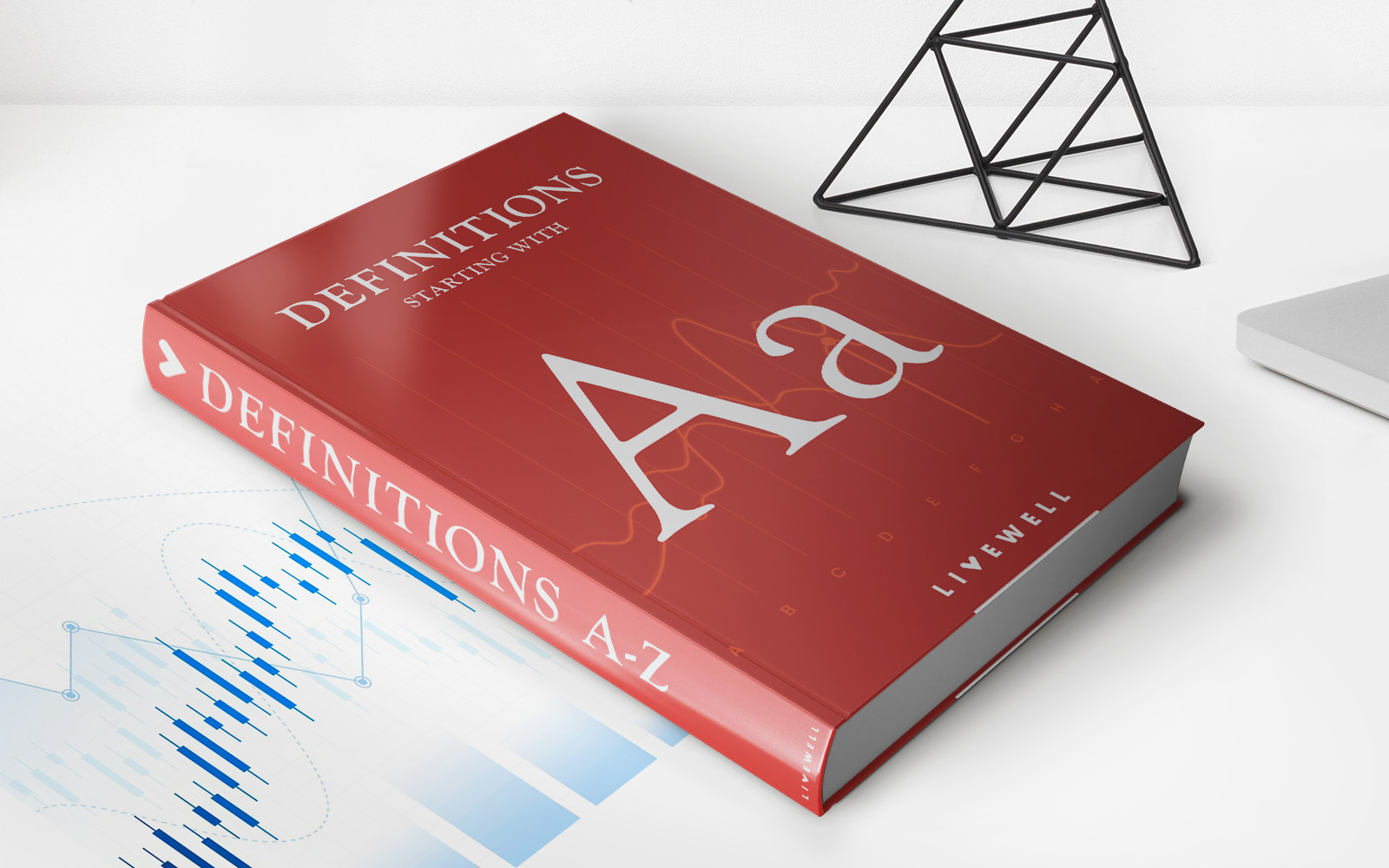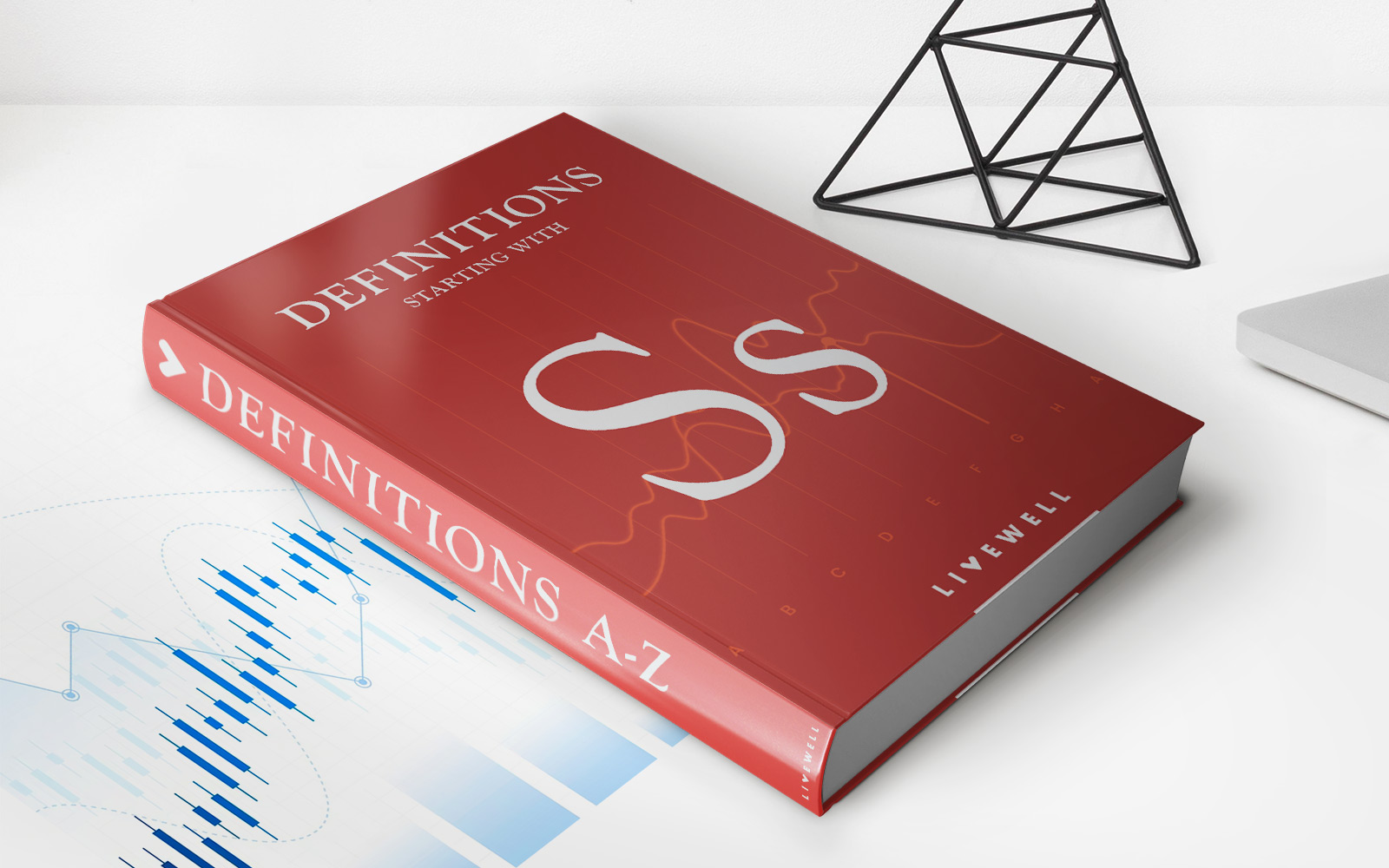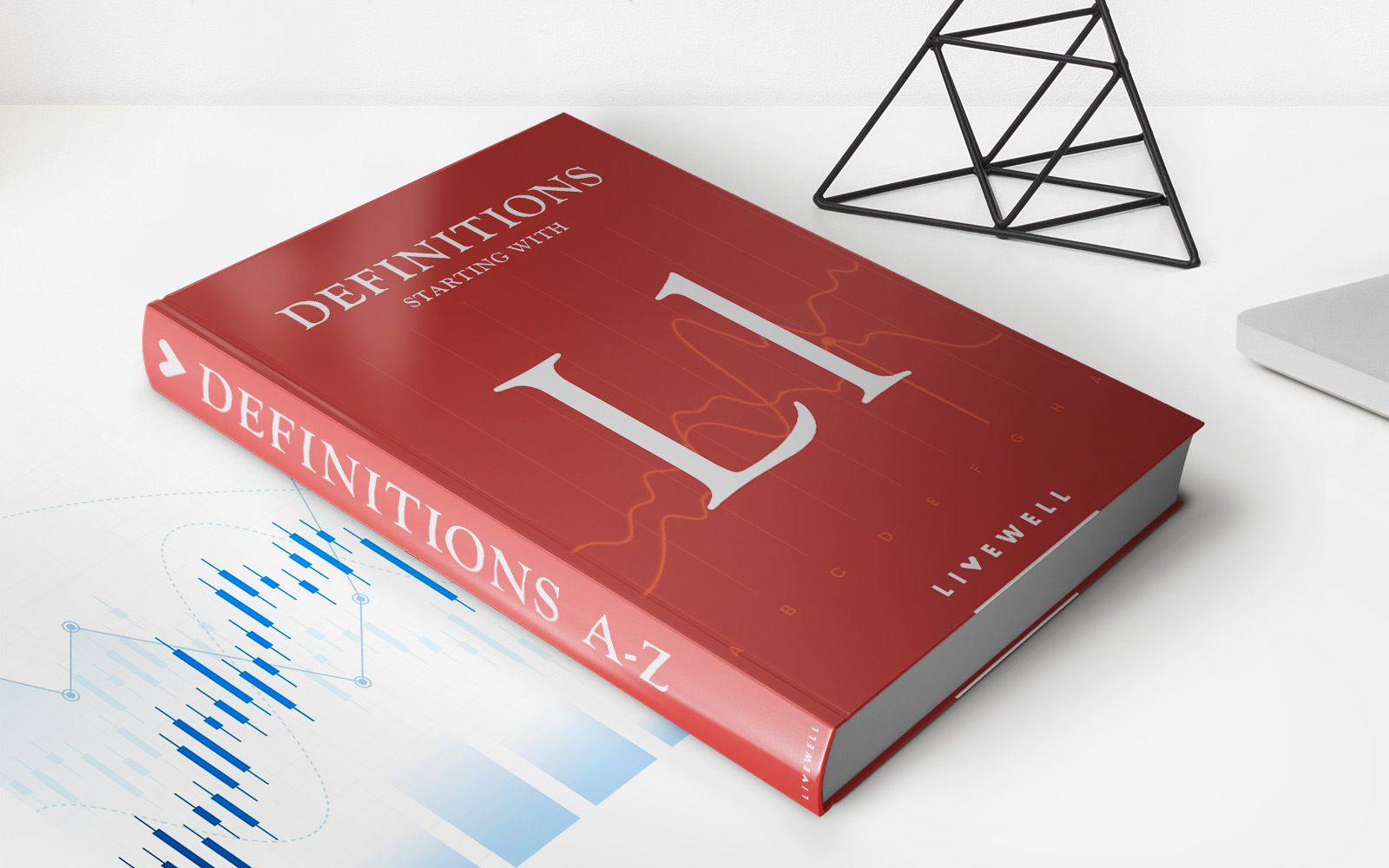

Finance
What Is Tort Car Insurance
Modified: December 30, 2023
Learn about tort car insurance and how it can impact your finances. Understand the different types of tort coverage and make informed decisions.
(Many of the links in this article redirect to a specific reviewed product. Your purchase of these products through affiliate links helps to generate commission for LiveWell, at no extra cost. Learn more)
Table of Contents
Introduction
Welcome to the world of car insurance! If you own a vehicle, you know the importance of having the right insurance coverage to protect yourself and others in case of an accident. While there are various types of car insurance policies available, one option that you may come across is tort car insurance.
Tort car insurance is a type of coverage that provides compensation for injuries or damages caused by an at-fault driver. Unlike no-fault insurance, where each party involved in an accident is covered by their respective insurance regardless of fault, tort car insurance allows individuals to seek legal action and sue for damages if they are injured in an accident caused by another driver’s negligence.
In this article, we will explore the concept of tort car insurance, its types, benefits, drawbacks, and factors to consider when choosing this type of coverage. Whether you’re familiar with car insurance or diving into it for the first time, understanding tort car insurance can help you make an informed decision for your insurance needs.
Definition of Tort Car Insurance
Tort car insurance, also known as liability car insurance, is a type of coverage that holds the at-fault driver financially responsible for injuries and damages caused in an accident. The term “tort” refers to a civil wrong or wrongful act that results in harm or loss to another person.
Under tort car insurance, if you are involved in a car accident and are deemed at fault, your insurance policy will cover the costs associated with the injuries and property damage suffered by the other party. This includes medical expenses, vehicle repair or replacement, lost wages, and pain and suffering.
Tort car insurance operates on the principle of fault. This means that the injured party has the right to file a lawsuit against the at-fault driver for additional compensation if their insurance coverage does not fully cover their losses or if they have sustained significant injuries.
It’s important to note that tort car insurance applies to bodily injury and property damage caused by the at-fault driver, but it does not cover the policyholder’s own injuries or vehicle damage. For these expenses, additional coverage options such as personal injury protection (PIP) or collision coverage may be necessary.
In some states, tort car insurance is mandatory, while in others, it is optional. The specific requirements and regulations regarding tort car insurance vary depending on the jurisdiction.
Now that we have a clear understanding of what tort car insurance entails, let’s delve into the different types of tort car insurance policies that are available.
Types of Tort Car Insurance
When it comes to tort car insurance, there are two main types of coverage options: full tort and limited tort. Each option has its own set of benefits and considerations. Let’s take a closer look at each type:
- Full Tort Car Insurance: Full tort car insurance provides the policyholder with the broadest level of protection. Under a full tort policy, the insured driver has the right to pursue legal action and seek compensation for both economic and non-economic damages in the event of an accident, regardless of the severity of the injuries. This means they can sue the at-fault party for medical expenses, pain and suffering, emotional distress, and other related damages. While full tort coverage offers greater financial security and flexibility, it typically comes with higher insurance premiums.
- Limited Tort Car Insurance: Limited tort car insurance, on the other hand, offers a more restricted level of coverage. With limited tort coverage, the policyholder is still protected against injuries and damages caused by an at-fault driver, but there are limitations on the types of damages they can seek compensation for. In most cases, individuals with limited tort insurance can only sue for economic damages, such as medical expenses and lost wages. They may not be eligible to pursue non-economic damages, like pain and suffering, unless their injuries meet specific criteria defined by state laws. Limited tort coverage typically comes with lower premiums compared to full tort coverage.
It’s important to note that the availability of these tort car insurance options may vary depending on your state’s regulations. Some states only offer one type of tort coverage, while others provide the option for both full tort and limited tort policies.
When choosing between full tort and limited tort car insurance, it’s crucial to carefully evaluate your personal circumstances, risk tolerance, and budget. Consider factors such as your driving history, the likelihood of accidents in your area, your ability to cover potential non-economic damages out of pocket, and your willingness to accept limited legal recourse in certain situations.
Now that we understand the types of tort car insurance available, let’s explore the benefits and drawbacks of having this type of coverage.
Full Tort Car Insurance
Full tort car insurance is a type of coverage that provides policyholders with the maximum protection and legal rights in the event of an accident. With full tort insurance, the insured driver has the unrestricted ability to pursue legal action and seek compensation for both economic and non-economic damages.
Under a full tort car insurance policy, if you are involved in an accident caused by another driver’s negligence, you have the right to file a lawsuit against the at-fault party. This gives you the opportunity to pursue compensation for medical expenses, property damage, lost wages, pain and suffering, emotional distress, and other related damages.
One of the key benefits of full tort car insurance is the ability to seek compensation for non-economic damages, such as pain and suffering. These damages are more subjective and can include the physical and emotional pain endured as a result of an accident. With full tort coverage, you have the legal right to seek adequate compensation for these intangible losses.
Having full tort car insurance can provide you with peace of mind and financial security. It ensures that you have the necessary resources to fully recover from an accident and receive compensation for all types of damages you may incur.
However, it’s important to note that full tort car insurance typically comes with higher insurance premiums compared to limited tort coverage. This is because the broad protection and legal rights it offers increase the insurer’s potential liability. You should carefully consider your budget and financial situation before opting for full tort coverage.
It’s also worth noting that not all states offer full tort car insurance as an option. Some states have mandatory no-fault insurance laws or limit the ability to sue for non-economic damages. Therefore, the availability of full tort car insurance may depend on your state’s regulations.
Before making a decision, it’s important to weigh the potential benefits and drawbacks of full tort car insurance in relation to your specific circumstances. Consider factors such as your driving history, the likelihood of accidents in your area, and your comfort level with assuming higher insurance premiums for broader protection and legal rights.
In the next section, we will discuss the advantages and disadvantages of limited tort car insurance.
Limited Tort Car Insurance
Limited tort car insurance is a type of coverage that provides policyholders with a more restricted level of protection and legal rights compared to full tort insurance. Under a limited tort policy, the insured driver still has coverage for injuries and damages caused by an at-fault driver, but with certain limitations on the types of damages they can seek compensation for.
With limited tort car insurance, policyholders may only be able to sue for economic damages, such as medical expenses, rehabilitation costs, and lost wages. They may not have the legal right to pursue non-economic damages, like pain and suffering, unless their injuries meet specific criteria defined by state laws. These criteria typically include severe or permanent injuries, disfigurement, or death.
One of the primary advantages of limited tort car insurance is the potential for lower insurance premiums compared to full tort coverage. Since limited tort policies have more restrictions on the types of damages that can be claimed, insurers face lower potential liability, which leads to reduced premiums for policyholders.
However, the drawback of limited tort car insurance is that it limits your legal recourse and may prevent you from seeking full compensation for human losses, such as pain and suffering, emotional distress, and diminished quality of life. Even if you have sustained significant injuries, you may be unable to pursue these non-economic damages unless they meet the specific criteria outlined by your state’s laws.
It’s important to carefully consider your personal circumstances and risk tolerance when deciding whether to opt for limited tort car insurance. Assess factors such as your driving habits, the likelihood of accidents in your area, and your willingness to accept potential limitations on your legal rights and compensation in the event of an accident.
It’s worth noting that not all states offer limited tort car insurance as an option. Some states have mandatory full tort insurance or have variations in their tort insurance systems. Therefore, the availability and specific regulations regarding limited tort car insurance may vary depending on your state.
Ultimately, the decision between full tort and limited tort car insurance should be based on a careful evaluation of your individual circumstances and preferences. Consider the potential benefits and limitations of each type of coverage, and choose the option that aligns best with your needs and budget.
In the next section, we will discuss the benefits and drawbacks of tort car insurance as a whole.
Benefits of Tort Car Insurance
Tort car insurance offers several benefits to policyholders, providing them with financial security and legal recourse in the event of an accident. Let’s explore some of the advantages of having tort car insurance:
- Full Compensation: One of the primary benefits of tort car insurance is that it allows individuals to seek full compensation for their injuries and damages. Unlike no-fault insurance systems where each party is limited to their own insurance coverage, tort car insurance provides policyholders the opportunity to pursue legal action and recover damages from the at-fault party.
- Access to Non-Economic Damages: Tort car insurance allows individuals to seek compensation for non-economic damages, such as pain and suffering, emotional distress, and diminished quality of life. This can be particularly important for individuals who have sustained significant injuries and have experienced long-term physical or emotional consequences as a result of an accident.
- Flexibility to File Lawsuits: With tort car insurance, policyholders have the flexibility to file lawsuits and seek additional compensation if their losses surpass the coverage limits of their insurance policy. This can provide financial relief for individuals who have suffered extensive injuries or experienced substantial property damage.
- Protection for Severe Cases: Tort car insurance is especially beneficial in cases of severe accidents, permanent disabilities, disfigurement, or wrongful death. It offers the opportunity to receive adequate compensation for the long-term physical, emotional, and financial consequences of these types of incidents.
- Peace of Mind: Having tort car insurance provides peace of mind, knowing that you have the necessary financial protection and legal rights in case of an accident. It ensures that you are not solely responsible for covering the expenses associated with an accident caused by another driver’s negligence.
While tort car insurance offers numerous benefits, it’s essential to carefully consider your specific circumstances and needs when selecting this type of coverage. It’s also worth noting that tort car insurance premiums tend to be higher compared to no-fault insurance options.
Now that we’ve explored the benefits, let’s discuss some of the drawbacks associated with tort car insurance.
Drawbacks of Tort Car Insurance
While tort car insurance provides policyholders with a range of benefits, there are also some drawbacks to consider. Understanding these drawbacks can help you make an informed decision about whether tort car insurance is the right choice for you. Here are some of the main drawbacks:
- Potential for Higher Premiums: One of the primary drawbacks of tort car insurance is that it tends to come with higher premiums compared to no-fault insurance options. This is because tort car insurance exposes insurers to higher potential liability, as policyholders have the right to pursue legal action and seek compensation for damages caused by at-fault drivers. As a result, insurers charge higher premiums to cover the increased risk.
- Lawsuits and Legal Proceedings: With tort car insurance, policyholders retain the ability to file lawsuits against at-fault parties. While this can be advantageous in providing additional compensation, it also means that legal proceedings and the associated costs and time commitments may be involved. Lawsuits can be complex and time-consuming, requiring expert legal representation, and there’s no guarantee of a favorable outcome.
- Potential for Uncertain Compensation: In some cases, even with tort car insurance, there’s no guarantee that policyholders will receive full compensation for their injuries and damages. The outcome of a lawsuit can be uncertain, and the amount of compensation awarded can vary depending on various factors, including the severity of the injuries, available insurance coverage, and the legal strategy employed.
- Varied State Regulations: Tort car insurance is regulated at the state level, and different states have different rules and regulations regarding coverage and the ability to sue for non-economic damages. This means that the benefits and limitations of tort car insurance can differ depending on where you live. It’s important to understand your state’s specific regulations and coverage options before making a decision.
When considering tort car insurance, it’s crucial to carefully evaluate your own risk tolerance, financial capabilities, and personal circumstances. Assessing the potential drawbacks alongside the benefits can help you determine whether tort car insurance is the right fit for your insurance needs.
Now that we’ve explored the benefits and drawbacks of tort car insurance, let’s move on to discussing the factors you should consider when choosing a tort car insurance policy.
Factors to Consider when Choosing Tort Car Insurance
When selecting tort car insurance, it’s important to consider various factors to ensure that you choose the right coverage for your specific needs and circumstances. Here are some key factors to consider:
- State Regulations: Familiarize yourself with the specific tort car insurance regulations in your state. Some states may only offer one type of tort coverage, while others provide the option for both full tort and limited tort policies. Understanding the regulations will help you determine the available options and the impact they may have on your coverage and ability to seek compensation.
- Risk Tolerance: Consider your personal risk tolerance level. If you’re more comfortable with assuming a higher level of risk and are confident in your ability to cover potential damages out-of-pocket, limited tort car insurance may be a viable option to save on premiums. However, if you prefer broader protection and peace of mind, full tort car insurance may be more suitable.
- Budget: Evaluate your budget and financial capabilities. Full tort car insurance generally comes with higher premiums compared to limited tort coverage. Ensure that the chosen coverage aligns with your financial situation and that you can comfortably afford the premiums without straining your budget.
- Driving History: Take into account your driving history and assess your likelihood of being involved in an at-fault accident. If you have a clean driving record with minimal accidents, limited tort car insurance might be a viable option. However, if you have a history of accidents or anticipate a higher risk of being at fault in an accident, full tort car insurance may provide a greater sense of security.
- Consult with an Insurance Agent: Seek guidance from a knowledgeable insurance agent or broker who can help you navigate the intricacies of tort car insurance and provide tailored recommendations based on your specific situation. They can explain the different coverage options, answer any questions you may have, and assist you in choosing the best policy for your needs.
By considering these factors, you can make an informed decision when selecting tort car insurance coverage. Remember that the right choice will depend on your individual circumstances, risk tolerance, and preferences.
Now that we’ve discussed the factors to consider, let’s conclude our exploration of tort car insurance.
Conclusion
Tort car insurance provides individuals with the ability to seek compensation for injuries and damages caused by at-fault drivers. Whether you opt for full tort or limited tort coverage, tort car insurance offers several benefits, including the opportunity to pursue legal action, access to full compensation, and protection in severe cases.
Full tort car insurance provides policyholders with the broadest level of protection, allowing them to pursue legal action and seek compensation for both economic and non-economic damages. On the other hand, limited tort car insurance offers a more restricted level of coverage, limiting the types of damages that can be claimed.
While tort car insurance has its advantages, it’s important to consider the potential drawbacks, such as higher premiums, the potential for lawsuits, uncertainty of compensation, and varying state regulations. Evaluating your risk tolerance, budget, driving history, and consulting with an insurance professional can assist you in choosing the best tort car insurance policy for your needs.
As you navigate the world of car insurance, understanding tort car insurance and its types can help you make an informed decision. Remember to stay informed about your state’s specific regulations regarding tort car insurance and the coverage options available to you.
Ultimately, the choice between full tort and limited tort car insurance depends on your individual circumstances, preferences, and comfort level with assuming risk. By carefully weighing the benefits, drawbacks, and factors to consider, you can select the right tort car insurance coverage that provides the necessary protection and peace of mind.














